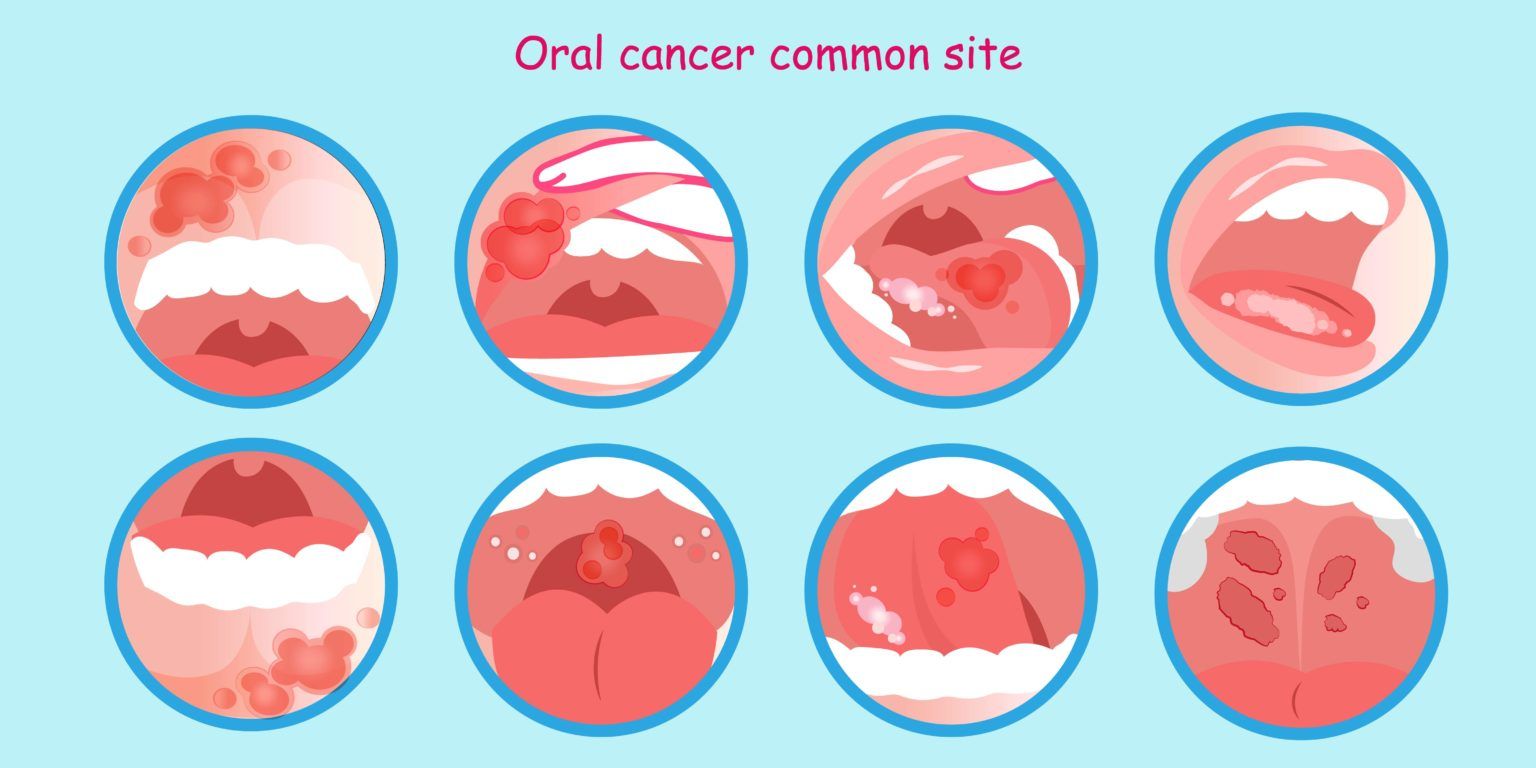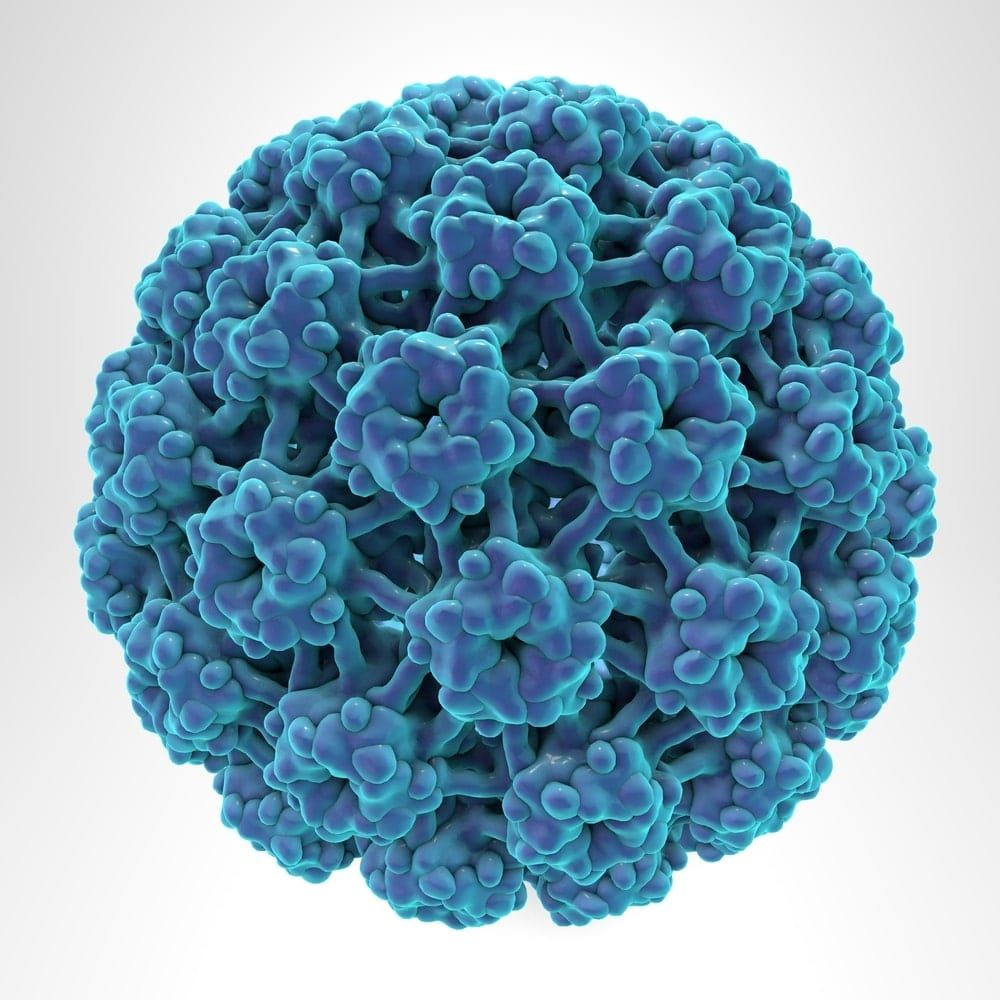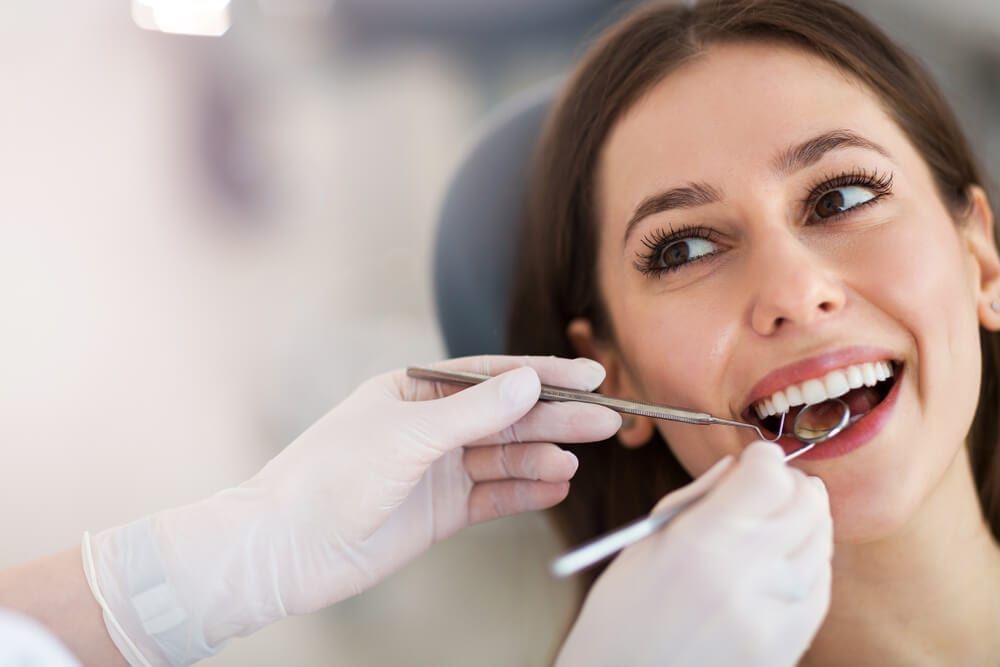Oral pathology is the diagnosis and treatment of cancer in and around the mouth. Oral cancer screenings are performed as a part of your semi-annual dental exams. When screening for oral cancer, your dentist will evaluate your lips, inner cheeks, gums, tongue, soft and hard palates, and pharynx for discolorations or tissue abnormalities. In some cases, a biopsy may be needed to confirm a diagnosis. If a diagnosis of oral cancer is confirmed, then an oral pathologist will discuss treatment options and recommendations. In many cases, surgery may be required to remove cancerous tissues.
Did You Know?
Unfortunately, oral cancer is on the rise. According to the Oral Cancer Foundation, it is estimated that 53,000 Americans will be diagnosed with oral cancer annually. However, oral cancer is generally treatable when caught early. For this reason, dentists are starting to perform screenings for early signs of oral cancer.
Symptoms Addressed in Oral Pathology Screenings
Oral pathology screenings are crucial for detecting:
- Unusual sores or ulcers that don’t heal within two weeks
- Red or white patches in the mouth
- Lumps or thickening of tissues in the mouth or throat
- Difficulty in swallowing or persistent throat discomfort
- Changes in the fit of dentures or other dental appliances
Why Oral Pathology and Cancer Screening?
- Early Detection: Increases the likelihood of successful treatment.
- Preventative Care: Identifies potential issues before they develop into serious conditions.
- Patient Education: Raises awareness about oral health and cancer risks.
- Peace of Mind: Provides reassurance through regular health checks.
Treatment Process
Consultation and Examination
- Visual Inspection: Dr. Bustos conducts a thorough examination of the mouth, face, and neck.
- Patient History: Reviewing your medical and dental history for any risk factors.
Advanced Screening Techniques
- Specialized Tools: Using devices and techniques to detect early signs of oral cancer.
- Biopsy Procedures: If necessary, taking a sample of suspicious tissue for further analysis.
Follow-Up and Monitoring
- Regular Screenings: Scheduling routine visits for ongoing monitoring.
- Referral to Specialists: If needed, coordinating care with oncologists or other specialists.
Prevention
To reduce the risk of oral cancer:
- Avoid tobacco products and limit alcohol consumption.
- Maintain good oral hygiene and a healthy diet.
- Use lip balm with SPF to protect against sun exposure.
- Get the HPV vaccine, which can help prevent certain types of oral cancers.
Outlook
Regular oral pathology screenings can lead to:
- Early intervention and more effective treatment of oral diseases.
- Increased awareness and proactive management of oral health.
- Better overall health outcomes.
Frequently Asked Questions:
Do I need oral pathology?
Regardless of your age or oral health, it is recommended that you are regularly screened for oral cancer. In most cases, your dentist will simply perform this screening during your semi-annual dental exams. If you receive a confirmed diagnosis of oral cancer, then you will need an oral pathologist to provide you information about the necessary treatments.
Symptoms that could indicate the possibility of oral cancer include:
- Soreness or a feeling something is lodged in the back of the throat
- Unexplained bleeding in the mouth
- Change in bite or alignment
- Ear pain
- Hoarseness, chronic sore throat, or vocal changes
- Persistent sores that bleed easily and do not heal
- Problems such as swelling, lumps, bumps, rough spots, thickening, crusts, or eroded areas on soft tissues like lips, gums, or the inside of the cheeks
- Facial, neck, or mouth pain
- Facial, neck, or mouth numbness
- Weight loss
- Difficulty speaking, chewing, swallowing, or moving the tongue and jaw

If you are experiencing any of these symptoms, then it is recommended that you make an appointment with your Bradenton dentist to discuss these symptoms and have an oral cancer screening.
How are oral cancer screenings performed?
During an oral cancer screening, your dentist will evaluate the soft tissues in and around your mouth for any discrepancies in color or texture. In some cases, your dentist may also use a special light that causes abnormal tissues to glow. If your dentist suspects something, they may recommend a biopsy for more information.
Are there any risk factors for oral cancer?
While anyone can develop oral cancer, there are a few factors that can increase your risk for developing oral cancer. Some common risk factors associated with oral cancer include alcohol, tobacco, and catching the Human Papillomavirus (HPV).

Schedule Your Oral Pathology Screening
Take a proactive step in maintaining your oral and overall health. Contact 3D Dentistry at 941-253-2300 to schedule an oral pathology and cancer screening with Dr. Bustos. Early detection is key to effective treatment.

